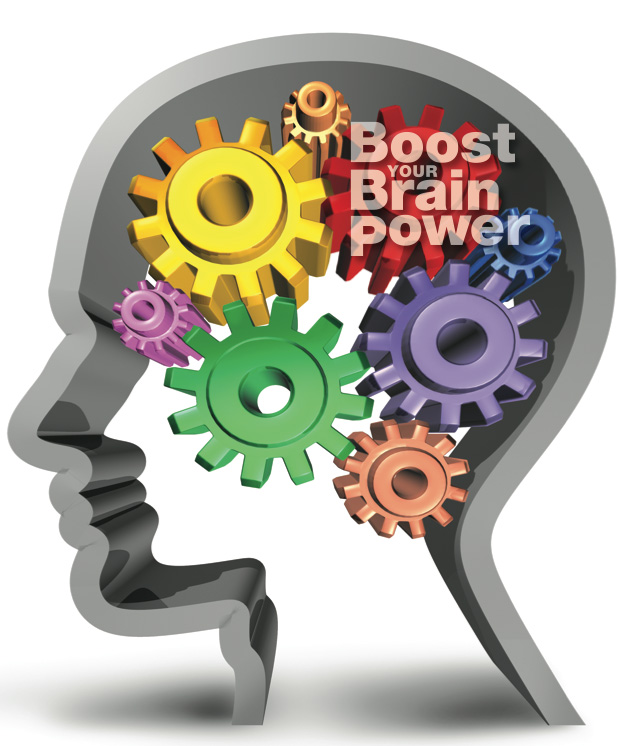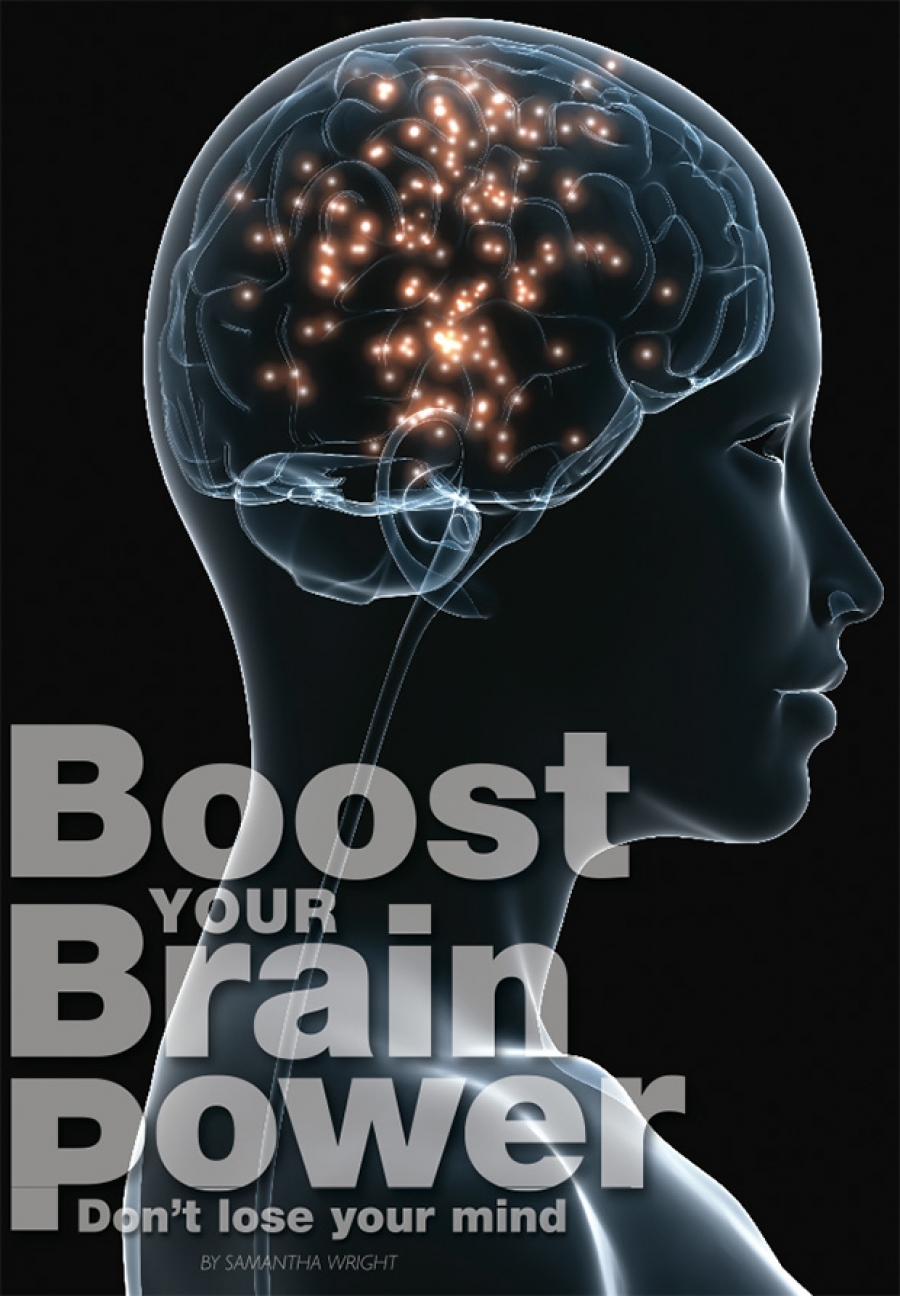Tip #3: Sleep better, but don’t sleep too much.
Proverbs 20:13 warns us about over sleeping: “Don’t be too fond of sleep; you’ll end up in the poorhouse. Wake up and get up; then there’ll be food on the table” (The Message Bible). Well, not only will too much sleep lead to poverty, it might lead to dementia. A study of elderly women (administered at Brigham and Women's Hospital in Boston, Massachusetts) showed that those who slept more than nine hours per day had worse brain functioning than those who slept seven hours per day. Also, the study revealed that attaining too little sleep (fewer than five hours per day) could also be damaging to one’s brain. In a statement regarding the study, Dr. Elizabeth Devore said, "Our findings support the notion that extreme sleep durations ... may contribute to cognitive decline and early Alzheimer's changes in older adults."
Tip #4: Drink caffeine.
If you love coffee, this will be good news! Researchers from the University of South Florida and University of Miami discovered that higher caffeine consumption is connected to a delayed onset of Alzheimer's. This finding is also evident in older adults who already have mild cognitive impairment. “These intriguing results suggest that older adults with mild memory impairment who drink moderate levels of coffee – about 3 cups a day – will not convert to Alzheimer's disease – or at least will experience a substantial delay before converting to Alzheimer's," stated Dr. Chuanhai Cao, a University of South Florida neuroscientist.
Tip #5: Exercise your body.
What’s not good about exercise ... other than you might not care for it? In addition to reducing the risk of chronic ailments (such as cardiovascular disease, high blood pressure, and diabetes), exercise lowers the risk of developing Alzheimer’s. In fact, exercising three times a week can increase the hippocampus (a region of the brain important for memory). According to Dr. Ronald Petersen (Director of the Alzheimer's Research Center at the Mayo Clinic), "Regular physical exercise is probably the best means we have of preventing Alzheimer's disease today – better than medications, better than intellectual activity, better than supplements and diet." Although some experts might debate whether exercise is the “best means” for preventing Alzheimer’s, very few will deny that it’s good for the brain.
Tip #6: Exercise your brain.
The phrase “If you don’t use it, you’ll lose it” is particularly true when it comes to the brain. Crossword puzzles, word searches, and brainteasers improve concentration and memory. Additionally, they have been proven to boost the brain’s reflection speed (the pace at which your brain reacts to something it sees). Thus, exercise your brain! Memorize a few telephone numbers, use your head (instead of the navigation system) to get from Point A to Point B, and play a challenging game of chess. Mentally engaging games can be fun, and they are consistently linked with a decreased risk of dementia.
Tip #7: Minimize stress.
There is a reason why we’re instructed, “Give all your worries and cares to God” (1 Peter 5:7-9, New Living Translation). It’s because stress doesn’t only steal our peace – it destroys our health. Research has firmly established that stress contributes to a host of health problems, and now it’s suspected that it also triggers Alzheimer’s. “Stress causes brain damage,” says neuropsychiatrist Richard Restak. And mounting evidence supports his claim. Data reveals that, when you are stressed, chemicals such as adrenaline and cortisol flood your body. Cortisol, in excess, damages the cells in the memory center of your brain. Subsequently, extreme levels of cortisol impact your ability to learn and retain new information. A study released by the University of California, San Diego School of Medicine connects stress with Alzheimer's. In particular, chronic stress – the ongoing stress you might experience in a difficult job or bad living situation – is to blame. The study strongly suggested that prolonged stress may lead to pathological changes in the brain. Therefore, invest in a peaceful home, spend more time in prayer, solicit the help of a marriage counselor, and (as hard as it might be) don’t allow your job to drive you crazy. Plus, laugh a bit! The release of endorphins caused by laughter lowers stress levels.
Tip #8: Take your vitamins.
According to experts, a vitamin a day might keep Alzheimer’s away! And that especially applies to vitamin B-12. The power- supplement is believed to augment healthy nerve cells and red blood cells. When a person has a vitamin B-12 deficiency, it can lead to memory loss. In such cases, supplements can help improve memory. Also, vitamin B-12 is only naturally found in animal products (such as fish, meat, and poultry). Consequently, vegetarians are more likely to have a vitamin B-12 deficiency. Older adults are also more susceptible.
Tip #9: Keep learning.
The Bible teaches, “Intelligent people are always ready to learn. Their ears are open for knowledge (Proverbs 18:15, New Living Translation). Additionally, they have a healthier mind. People with higher levels of education have a lower risk of Alzheimer's. But this doesn’t mean that you should rush back to school. Studies suggest that any type of education (including self-study on any topic) challenges the brain. Furthermore, people who are highly educated are more likely to play chess, and be lifelong readers. Although these activities don’t require formal education, they vigorously stimulate the mind. So no matter your age, don’t stop learning. ![]()
Disclaimer: The information provided is not intended to constitute medical advice. It should not substitute the recommendations of a qualified healthcare professional. Please consult your physician for personalized medical guidance.









